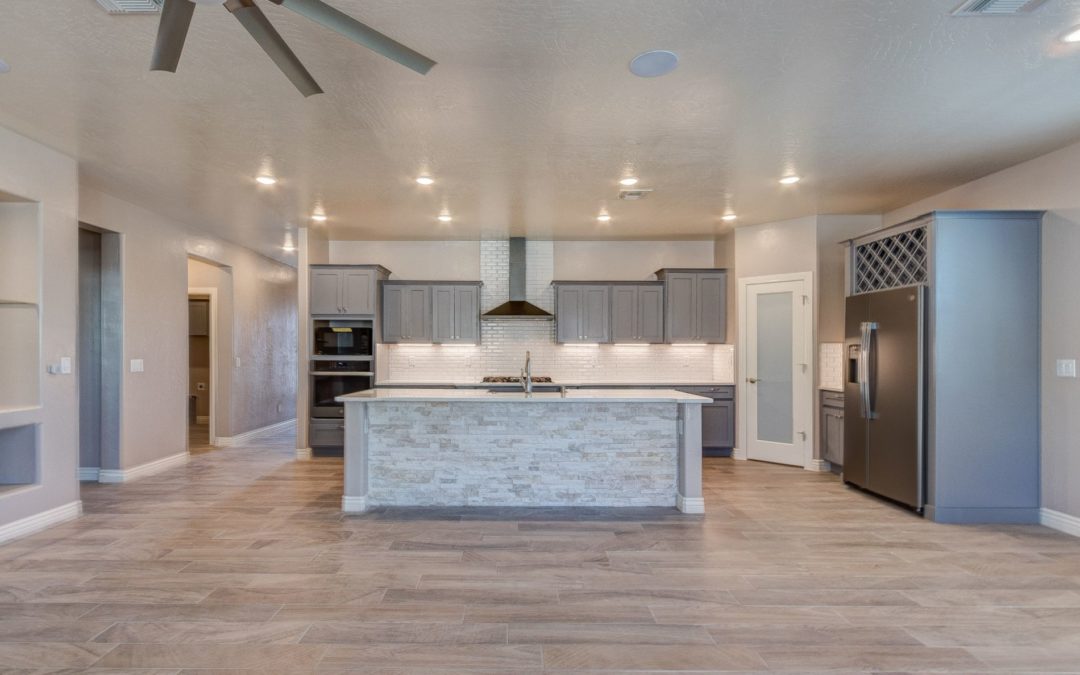Different Types of Mortgage Loans & Their Distinctive Features
There are various kinds of mortgage loans available to buyers and in this article, we will walk you through the differences of the most common types of mortgages.
Here, take a look:
Conventional Mortgages Loans
Conventional mortgages are home loans that have not been insured by the federal government. There are two basic types: conforming and non-conforming conventional loans.
A conforming loans refer to the loan amount that is within the maximum limit allocated by Freddie Mac or other government agencies that support mortgages across the US.
Non-conforming loans, such as Jumbo loans, are those that don’t conform to such limits or rules.
With conventional loans, lenders typically require private mortgage insurance when the buyer puts less that 20% of the purchase price as a down payment. Conventional mortgages are ideal for borrowers with good or excellent credit. Although, depending on the financial institution and the borrower’s circumstances, people with credit problems might qualify for a conventional loan.
The borrowing costs tends to be lower as compared to other mortgages. After gaining 20% equity in the house, you can always request the lender to cancel the PMI.
FHA Loans
These loans are backed by the Federal Housing Administration (FHA) and they are considered ideal for buyers who have a bad credit history, or do not have sufficient funds saved up to make a down payment. In order to qualify for the FHA’s 3.5% financing, it is important to have a FICO score of at least 580, however, with a 10% down payment, a credit score of 500 is also acceptable.
These loans require the borrower to invest in two mortgage insurance premiums, of which one is paid up front, while the other is paid on a yearly basis if you invest less than 10% down payment.
VA Loans
VA loans are a flexible and affordable mortgage alternative for the members of the US military, including veterans and active duty personnel. These low-interest mortgage loans do not require the borrower to have use a down payment. Since VA Loans are government backed, banks do not require you to buy Private Mortgage Insurance
Closing costs are typically capped or can be paid by the property owner/seller. VA loans come with a funding fee that is charged as a percentage of the loan amount to provide benefits to the taxpayers.
Owner’s Financing
Owner financing is a transaction that allows the buyer to purchase a property financed by the property owner or seller, and it can be financed in whole or in part, depending on the amount that the buyer needs to cover the cost of the property. This kind of transaction eliminates the mortgage costs offered by lenders and banks, but it can also pose risks for both, the property owner and the buyer.
Advantages and Disadvantages of Owner Financing
Owner financing is most common in a buyer’s market. An owner can usually find a buyer more quickly and speed up the transaction by offering financing, but it requires that the seller take on the risk of default by the buyer.
The seller might require a larger down payment than a mortgage lender would to compensate for the risk. Down payments can range from 3% to 20% with traditional mortgage lenders, depending on the type of loan. Down payments can be 20% or more in owner-financed transactions.
On the upside, these transactions can offer the seller monthly cash flow that provide a better return than fixed-income investments.
Buyers typically have the greatest advantage in an owner-financed transaction. The overall terms of financing are usually much more negotiable, and a buyer saves on bank-assessed points and closing costs when she makes payments directly to the seller.
If you are ready to get pre-qualified Contact us now and we can put you in touch with a Mortgage Lender.

